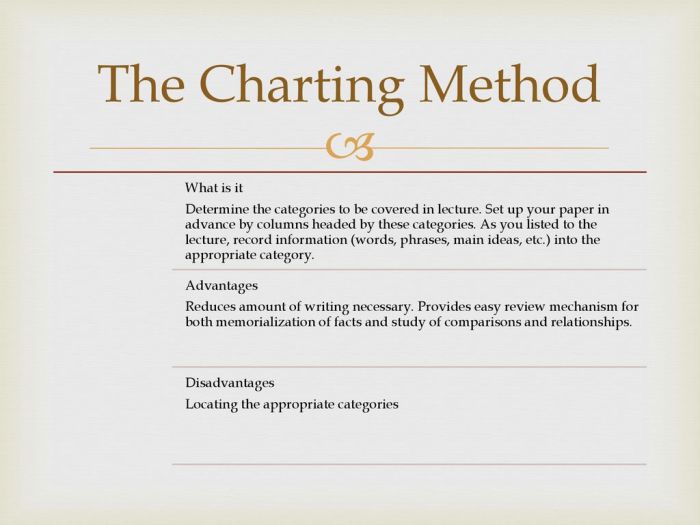The memorialization of a contract into writing, a fundamental principle in contract law, plays a pivotal role in ensuring the validity, enforceability, and preservation of agreements. By committing the terms of a contract to paper, parties establish a tangible record that serves as a reliable and legally binding document.
This comprehensive guide delves into the multifaceted aspects of contract memorialization, exploring its legal requirements, various methods, essential content, best practices, and the consequences of failing to memorialize a contract.
Definition of Memorialization: Memorialization Of A Contract Into Writing

Memorialization of a contract into writing refers to the process of creating a written document that records the terms and conditions of a legally binding agreement between two or more parties. This written document serves as a permanent and verifiable record of the contract, providing clarity and protection for all parties involved.
Legal Requirements for Memorialization
The legal requirements for memorializing contracts vary depending on the jurisdiction and the type of contract in question. However, there are certain types of contracts that are generally required to be in writing to be legally enforceable. These include contracts involving:
- Real estate transactions
- Contracts for the sale of goods over a certain value
- Contracts that cannot be performed within one year
- Surety contracts
- Contracts involving the transfer of intellectual property
Failing to memorialize a contract that is required to be in writing can have serious consequences. The contract may be considered unenforceable, which means that the parties may not be able to seek legal remedies if the contract is breached.
Methods of Memorialization
There are several different methods that can be used to memorialize a contract into writing. These include:
- Written contracts:These are traditional contracts that are handwritten or typed and signed by all parties involved.
- Electronic contracts:These are contracts that are created and signed electronically. They have the same legal force as written contracts.
- Implied contracts:These are contracts that are not written down but are created through the conduct of the parties involved.
The choice of which method to use will depend on the specific circumstances of the contract.
Content of a Memorialized Contract, Memorialization of a contract into writing
The content of a memorialized contract will vary depending on the nature of the agreement. However, there are certain essential elements that should be included in all contracts, such as:
- The names of the parties involved
- The date of the contract
- A description of the subject matter of the contract
- The terms and conditions of the contract
- The signatures of all parties involved
It is important to ensure that contracts are drafted clearly and precisely to avoid any misunderstandings or disputes.
Best Practices for Memorialization
There are a number of best practices that can be followed to ensure that contracts are memorialized effectively. These include:
- Seeking legal advice:It is always advisable to seek legal advice when drafting or reviewing a contract.
- Using clear and concise language:Contracts should be written in clear and concise language that is easy to understand.
- Including all essential elements:All essential elements of the contract should be included in the written document.
- Storing contracts securely:Contracts should be stored securely to prevent unauthorized access or alteration.
By following these best practices, you can help to ensure that your contracts are legally enforceable and protect your interests.
FAQ
What are the primary purposes of memorializing a contract into writing?
Memorializing a contract into writing serves several key purposes, including providing tangible evidence of the agreement, enhancing its enforceability, preventing misunderstandings or disputes, and facilitating the efficient resolution of any potential conflicts.
What are the legal consequences of failing to memorialize a contract that falls within the Statute of Frauds?
Failure to memorialize a contract that falls within the Statute of Frauds can result in the contract being deemed unenforceable by a court of law. This means that the parties may not be able to seek legal recourse if the contract is breached.
What are some best practices for memorializing a contract into writing?
Best practices for memorializing a contract into writing include using clear and concise language, including all essential terms and conditions, having the contract reviewed by an attorney, and ensuring proper execution and storage of the document.


